Yumeko Aizome
출생 : 1915-12-25,
약력
Yumeko Aizome, born Yachiyo Yokoyama, is a Japanese actress. In 1942, she married two-time Olympic gold medalist swimmer Masanori Yusa (1915-1975) and they received a daughter Makoto. She is now and actress called Naoko Yusa.
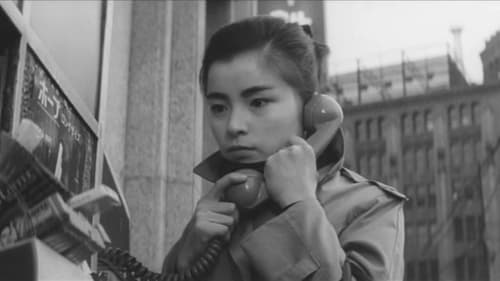
Yoshiko Ôtsuka
When her only relative, her elder brother is accused of robbing and murdering an old woman loan-shark, pretty, young Kiriko travels from her home in Kyushu to Tokyo to get Japan's top lawyer to defend her brother. Unfortunately her naive idealism is shattered when the lawyer refuses to take the case based on her insufficient funds. What follows is a long determined revenge plot that sees the heroine become a Tokyo bar hostess and worse to punish the lawyer. The plot thickens with another murder mystery and a sleuthing reporter.

Ginko, a poor cobbler's daughter, becomes a geisha to support her family. She passes from one geisha house to the next, trying to find love and hope in the process. No matter how hard she tries, she just can't escape her sad fate.

Oren - maid
The purple hood reveals the embezzlement of public money by officials. A remake of Masahiro Makino's 1923 film.

Life and love in corrupt postwar Tokyo, as a young couple struggles against both the law and the mob.

A pickpocket falls in with a group of prostitutes who have one strict rule: none of them may ever sleep with a man without taking his money — falling in love is forbidden.

Mitsue
A 1948 Japanese film.
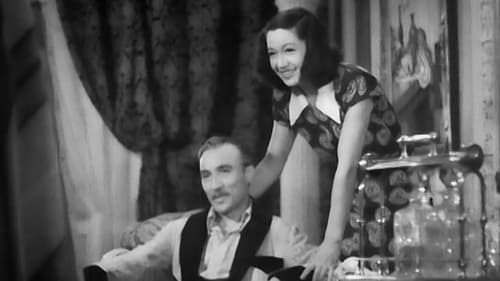
Akiko Anjo
제2차 세계대전에서 일본이 패전한 후, 부와 명예를 누려왔던 안조가(家)는 그동안의 삶의 방식은 물론 저택마저 포기해야 하는 상황에 이른다. 안조가의 저택에서 마지막 무도회가 열리는 날, 새로운 삶을 찾아야 하는 가족은 서로 갈등을 겪는다.

Based on Kōda Rohan's novella The Five-Storied Pagoda.

Directed by Daisuke Ito.

Venice Film Festival 1939

Based on a Hayashi Fumiko story: a fatherless boy's mother passes him from one aunt to another
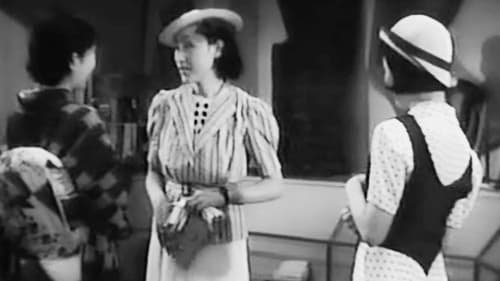
Michiko
Part 2 of a 2-part romance (fist part - Kafuku zempen) based on a story by noted author Kikuchi Kan. In the second half, we discover that Toyomi is pregnant -- and while Shintaro and Yurie are on their extended honeymoon, she bears his child, a girl named Kiyoko. She is supported in adversity by Michiko -- and gets considerable moral support from not only her own mother but also from Shintaro's mother and siblings. Even more surprisingly, Yurie strikes up a friendship of sorts with her. When Yurie learns that the child is Shintaro's, she convinces Toyomi that it would be best to let Shintaro (and her) raise Kiyoko, so Toyomi can get on with making a proper life for herself. Tearfully, Toyomi agrees. Sometime later, Michiko goes to visit Toyomi -- and sees her at work, as a kindergarten teacher.
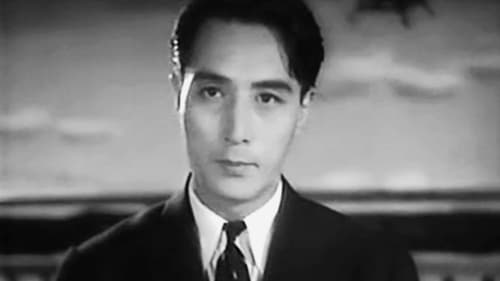
Michiko
Part 1 of a 2-part romance based on a story by noted author Kikuchi Kan. The central character here is Toyomi (played by Takako IRIE, star of Mizoguchi’s "Water Magician), a rich young woman in love with Shintaro (Minoru TAKADA), a rich young man. Unfortunately, Shintaro’s father is in the process of arranging a marriage for him with Yurie (Chieko TAKEHISA), the scion of an even wealthier family. In order to avoid this, the two young lovers flee to Tokyo to live together. When Shintaro comes back to proclaim his intent to marry Toyomi, his father browbeats him into attending the long-arranged marriage meeting with Yurie. While Shintaro is back home, Toyomi goes on a vacation trip with her closest chum, Michiko (Yumeko AIZOME). At a class reunion, Toyomi is to distressed (at not having heard from Shintaro for so long), she doesn’t go out on the town with her classmates. Michiko, however, runs into Shintaro and Yurie (also out on the town), and pulling him aside, demands an explanation.
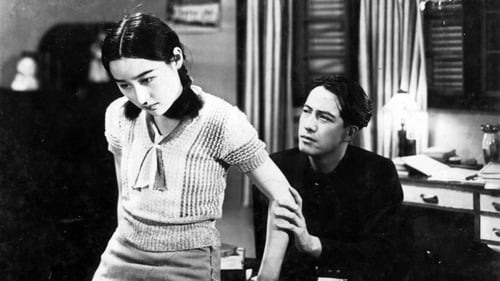
Yaeko
Keitaro is a law student and Yaeko s a high school girl. They are neighbors, and their friendship is starting to develop into something more romantic. Then, Yaeko's sister Kyouko has a breakup with her husband and returns home. Kyouko is clearly interested in Keitaro and Yae becomes anxious.

Mitsuko
The film tells of the strained relationship between a mother and her two sons after the death of the family patriarch.

Elder sister Takiko
The story deals with Fuji, nicknamed Waka-danna (Young Master), the star athlete on his university's rugby team. The son of a wealthy soy sauce manufacturer, Fuji basks in the glory of his athletic celebrity. Attracting the attention of admiring young women, Fuji resists family pressure to settle down and marry after college. Instead, he spends much of his time drinking and womanizing, behavior which eventually leads the college officials to expel him from the team.

Masumi
항구 도시 요코하마의 카톨릭 학교를 다니는 스나코는 자신의 가장 친한 친구 도라가 사랑하는 헨리를 가로채자 질투에 휩싸여 그녀를 죽이려 하다 실패하고 만다. 이후 게이샤가 된 그녀는 우연히 결혼한 이 둘을 만나게 되고 세 사람은 다시 질투와 애증의 관계에 빠지게 된다.

Misako
평범한 직장에 다니는 도키코와 건달 조지는 연인이다. 도키코는 조지가 범죄 세계에서 발을 빼기를 바라지만 조지의 마음을 돌리기는 쉽지 않다. 어느 날, 조지가 친구의 여동생인 가즈코와 가까워지자 도키코는 두 사람을 떨어뜨려 놓으려 한다. (2020 한국시네마테크협의회 - F 시네마 필름 상영 워크숍)

Natsuko, dancer
This pair of gentle yet witty and inventive comedies from the director of The Neighbour's Wife and Mine typify both the formal experimentation of early Japanese sound cinema and the social milieux that Shochiku tended to depict. 'Virtually plotless, and feeling more like comic sketches than fully developed stories,' writes Arthur Nolletti, Jr, 'these light comedies, or farces, take a wholly trivial matter (often a socially embarrassing situation) and use it as a springboard for a succession of gags.' Much of the films' distinction comes from the wit of Gosho's direction, the imaginative use of the new sound technology and the charm of the acting, particularly of the heroines (Kinuyo Tanaka in Bride; Hiroko Kawasaki in Groom). Yet in both films, Gosho finds room for some shrewd observation of character and environment, subtly exploring the values and assumptions of the suburban petit bourgeoisie.









